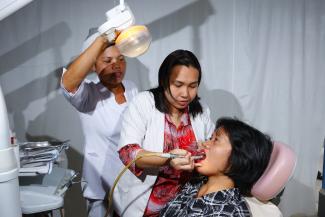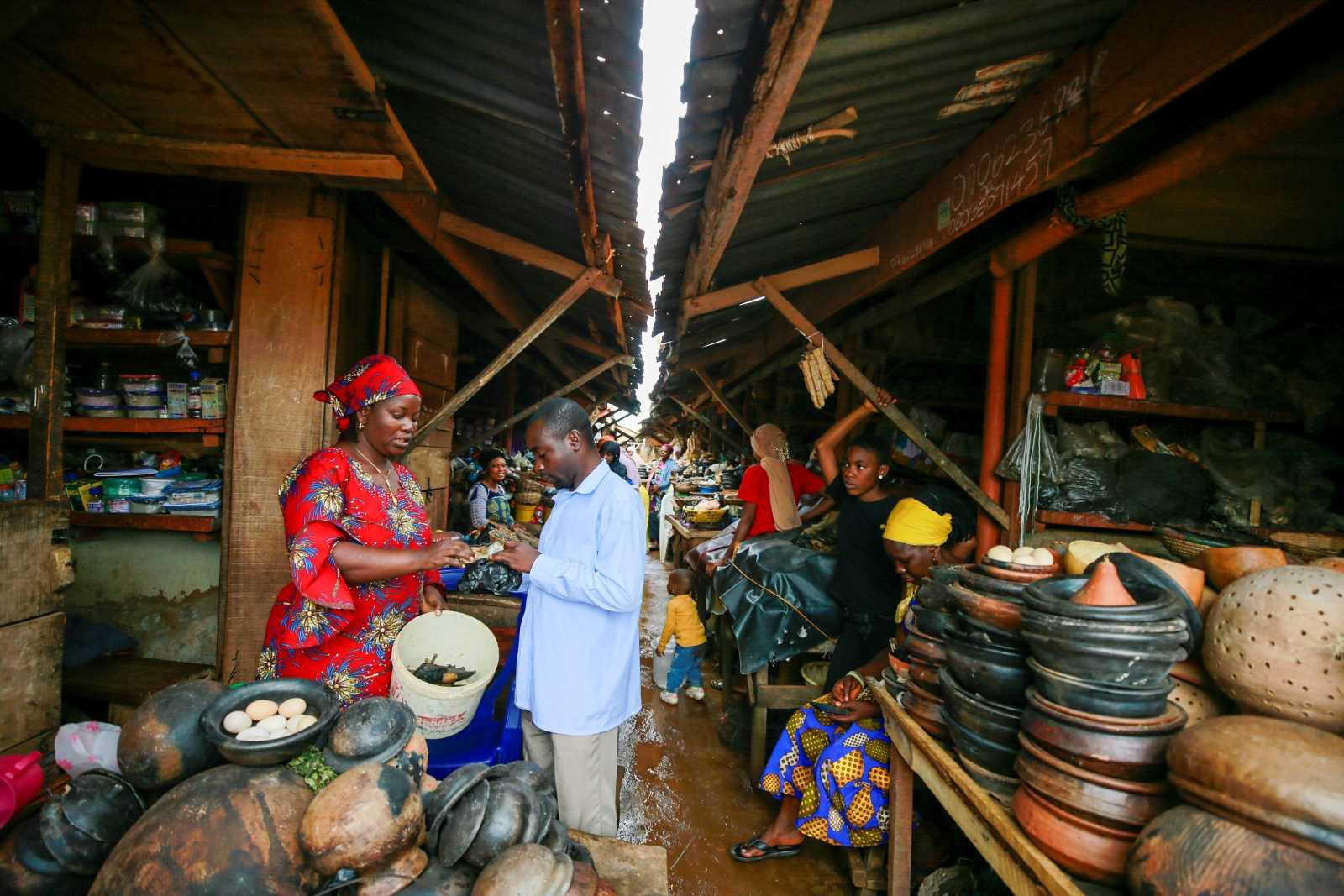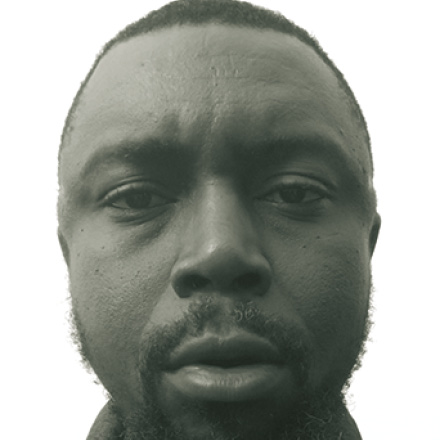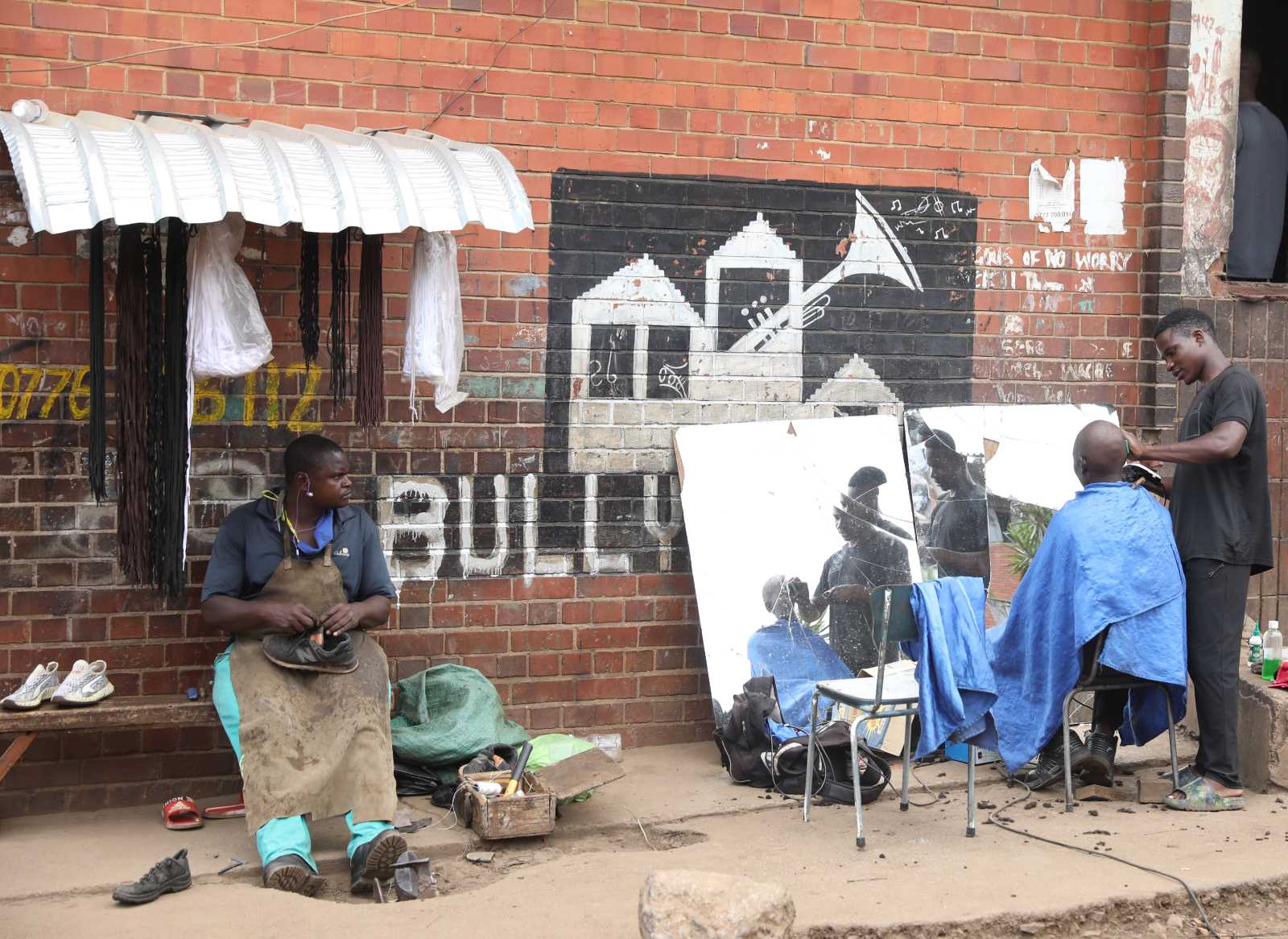Public Health
“People shouldn’t go bankrupt when they fall ill”

The health systems of many countries cannot cope with pandemic diseases like malaria or HIV/AIDS. In many places, medical facilities are even inadequate in routine situations like births or for standard conditions such as appendicitis. At the same time, existing facilities are often inaccessible because people are unable to pay the prices they charge.
Today, more than one billion people worldwide do not have access to the health care they need. High medical costs are a major cause of poverty, and so is the inability to work because of prolonged sickness. David Evans of the World Health Organisation (WHO) says: “People need health care, and they need to be able to afford it. People need to know they won’t go bankrupt when they fall ill.” He also points out that healthy people earn higher incomes. Out-of-pocket spending on health care is particularly difficult for people after catastrophes like hurricanes.
Karin Kortmann of GIZ states that universal health coverage (UHC) is a “hot topic on the global development agenda” and a crucial aspect of social protection. UHC, as defined by the WHO, aims “to ensure that all people obtain the health services they need without suffering financial hardship when paying for them.” The WHO argues that the prerequisites are:
- a strong, efficient, well-run health system,
- a system for financing health services,
- access to essential medicines and technologies and
- a sufficient capacity of well-trained, motivated health workers.
All prerequisites must be in place for UHC to become a reality. If one component doesn’t work properly, the whole system fails. For instance, UHC depends on adequate human resources, and staff needs to be paid properly. Both can be a challenge, as Bich Luu Nguyen of the Vietnam Nurses Association points out. Understaffed care personnel and lack of nurses are a cause of worry in industrialised nations as well as developing countries.
Financing as key challenge
Many countries are weighing the options for implementing UHC. The challenges are huge, and funding is often the biggest one. Tim Evans of the World Bank says that health expenditure tends to increase faster than the economy grows, which is even true of low-income countries. Accordingly, he says, “more efficient financing systems are needed.” He considers “national strategies for UHC imperative.”
Health sectors in rich nations typically depend on both government funding and private-sector contributions. Taxes as well as insurance schemes serve to fund UHC. The World Bank is aware of the implications. “We have to think creatively about pluralistic financing”, Tim Evans claims. He says there is no blueprint that would fit all countries and situations. At a conference that Germany’s Federal Ministry for Economic Cooperation and Development hosted on the matter in late August, Isidore Sielenou, technical advisor for the health financing reform in Cameroon, similarly argued that everything depends on the given context. There simply is no one-size-fits-all approach.
Covering vulnerable people
In many developing countries, the informal sector is huge. Most people there do not have formal employment. Taxation, however, does not apply to the informal sector, nor do major insurance companies operate in it. Accordingly, it is a huge challenge to provide UHC to poor people. The World Bank, says its staff member Evans is in favour of expanding insurance schemes to cover vulnerable people. He knows that this is easier said than done however. One challenge he mentions is that migrant workers are hard to insure. People may, after all, need medical services in a different country from the one where they earn money. So “transnational forms of solidarity” are needed.
Experts agree that, in many developing countries, the policymakers would do well to shift attention from facility-based health care to community-based health care. The starting point should be what people need and what they can afford, rather than an aspiration for high-tech hospitals.
Some countries are progressing towards the goal of UHC. Indonesia is an example. Health insurance has existed there since 1968, but it was only available to civil servants in the beginning. In the meantime, it has expanded to cover approximately 75 % of the population. Hasbullah Thabrany teaches health economics at the Universitas Indonesia and says that his country hopes to achieve the long-term goal of UHC by 2019. “We are 240 million people, scattered over 7000 islands. In order to get health care everywhere, we need capacity-building and more expertise.” GIZ is assisting the country on these issues.
Poorer nations are investing in health care too. Burkina Faso, for instance, reserves 15 % of the national budget for health expenditure, as is laid out by the constitution. Nonetheless, Burkina needs international aid to achieve UHC. More than 80 countries have asked the WHO to support their health-care systems’ financing. According to Walter Seidel from EuropeAid, the European Union is one of the largest donors in this topic: “Health is an integral part of development aid.”
UHC all over the world may sound utopian today, but Frazer Goodwin of Save the Children, an international NGO, insists that “health care should be accessible to everybody in the world”. He adds that austerity politics should not be allowed to hurt successful health programmes.
Sheila Mysorekar














